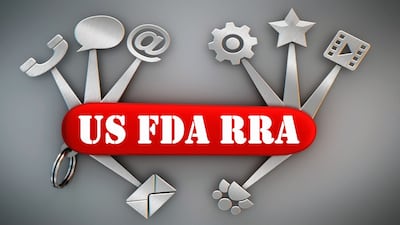FDA granted more than double the number of de novo petitions in FY 2013 compared to past years, reflecting the availability of the direct de novo pathway recently established by Congress. De novo petitions allow a device that FDA deems to be low-to-moderate risk but without a clear predicate to enter the market without requiring a PMA.
The number of de novo petitions FDA granted doubled for submissions received in fiscal year 2013, the first year in which companies were allowed to make the submissions without first failing on the 510(k) path. The agency appears be on the same pace in granting de novo petitions submitted in FY 2014.
A report






